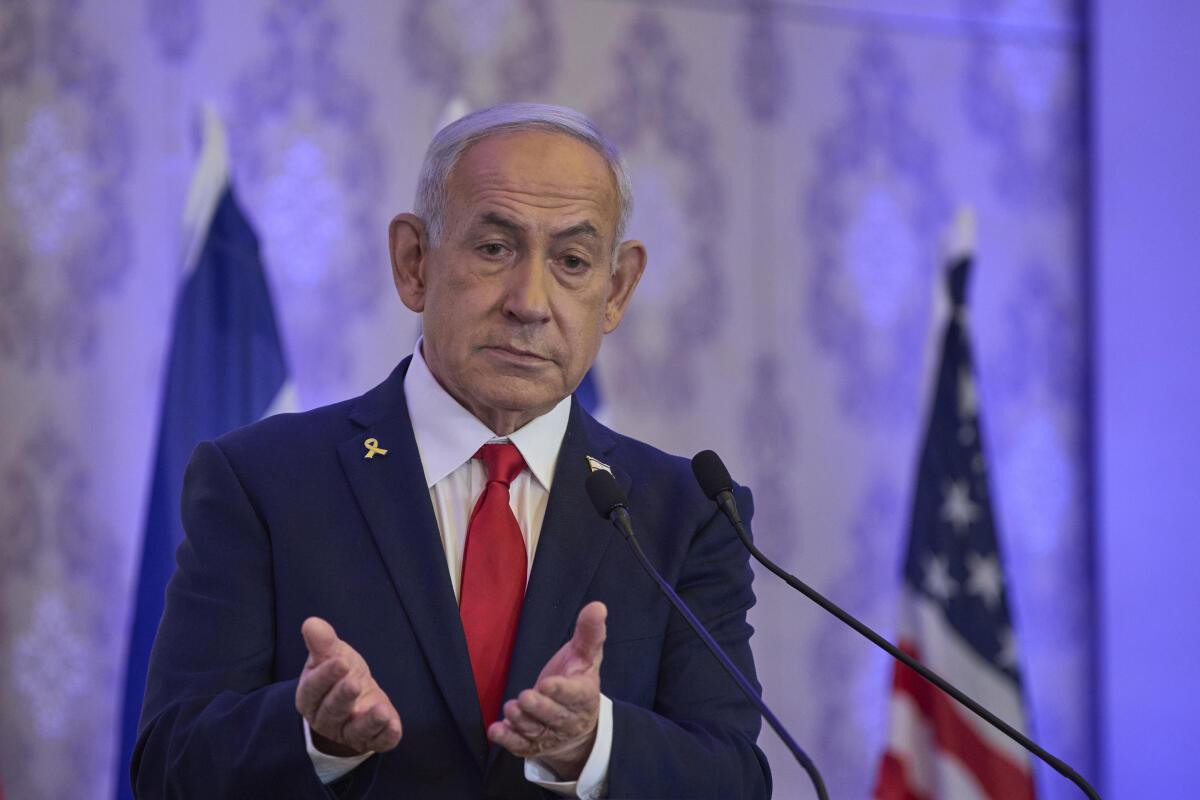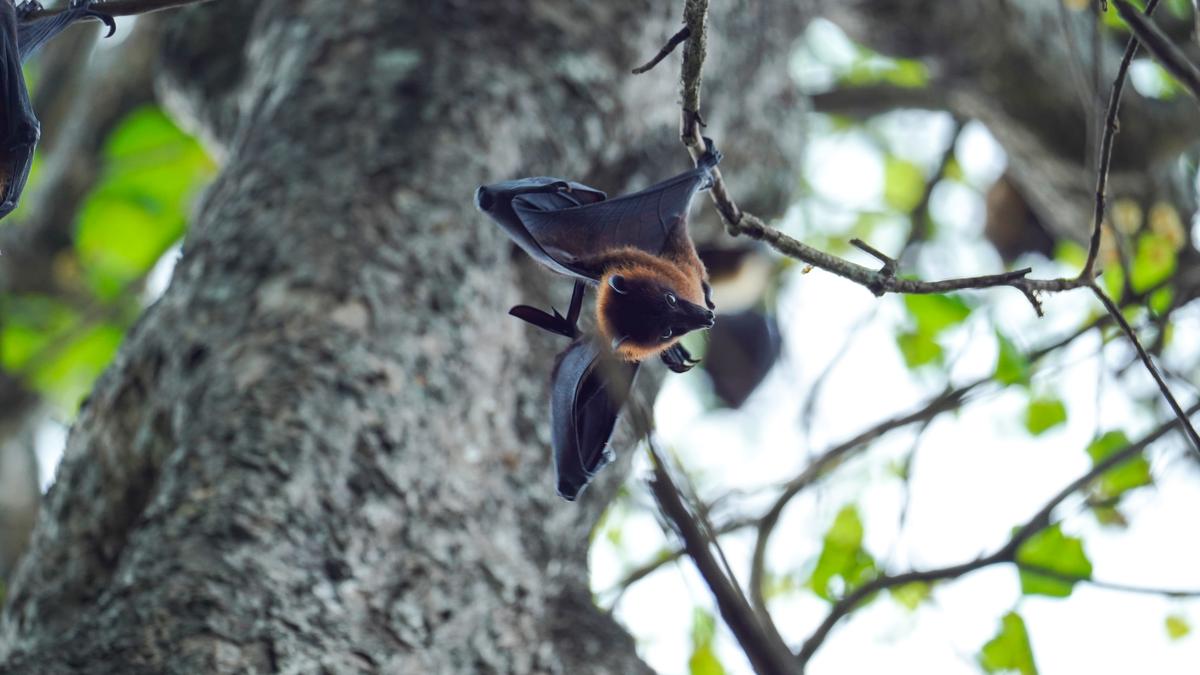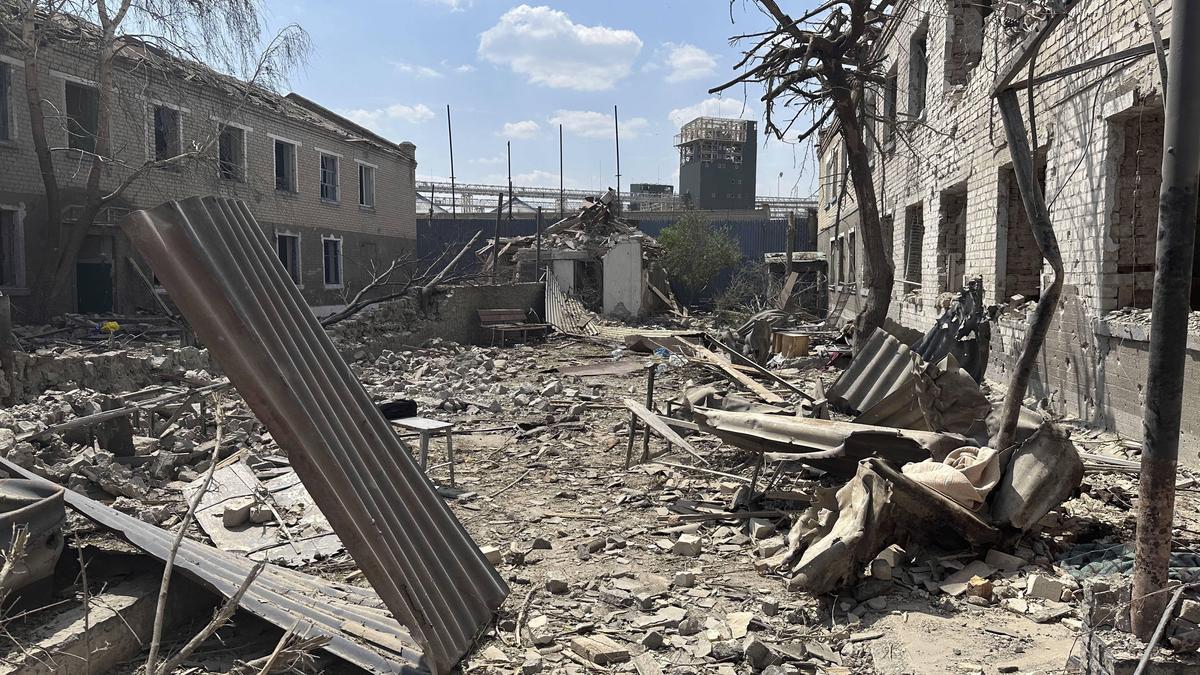(This article is part of the View From India newsletter curated by The Hindu’s foreign affairs experts. To get the newsletter in your inbox every Monday, subscribe here.)
When Israel launched its war on Gaza, following the October 7, 2023 cross-border attack by Hamas — which killed at least 1,200 people — it declared two objectives: the destruction of Hamas and the release of the 251 hostages taken by the Palestinian militant group. Twenty-one months later, both goals remain largely unmet. Hamas is far from being destroyed. Of the hostages, 148 were released and 56 bodies returned during two short ceasefires — in November 2023 and between January and March 2025. Israeli troops rescued eight hostages, while around 50 remain in captivity (only 27 of whom are believed to be alive).
On the other side, Israel’s war has devastated Gaza, a 365 sq. km territory, home to 2.3 million people, sandwiched between Israel proper and the Mediterranean Sea. At least 59,000 Palestinians have been killed since the war began — that is 2.57% of Gaza’s entire population. Of the dead, more than 17,000 are children. Thousands more remain missing. More than 140,000 people, over 6% of Gaza’s population, have been wounded. These figures make Gaza one of the deadliest battlefields on 21st century. Nearly the entire population of Gaza has been displaced, most of them multiple times. Since March, when the second ceasefire collapsed, Israel has tightened its blockade of the enclave, triggering a mass starvation crisis. According to the UN, over 1,000 Palestinians were shot dead at aid centres while seeking food since May. Dozens of children have died from starvation and malnutrition. The scale of death, destruction and mass starvation has intensified criticisms that Israel is committing genocide against Palestinians in Gaza.
Is Israel actually committing genocide? In this explainer, Aaratrika Bhaumik takes a deep dive into the question. She explains what genocide is and tells us what legal and genocide scholars think about what Israel is doing in Gaza.
Meanwhile, international criticism against Israel has started mounting, especially after images of starving, malnourished children from Gaza were released last week. French President Emmanuel Macron has said France will recognise the state of Palestine in the coming UN General Assembly session in September. Australia’s Prime Minister Anthony Albanese has said what’s happening in Gaza has “gone beyond the world’s worst fears”. According to Canada’s Prime Minister Mark Carney, Israel, a close ally of the North American country, is violating international law and condemned its “failure to prevent the rapidly deteriorating humanitarian disaster in Gaza.” Prime Minister Keir Starmer has said British people are “sickened” by the war. Britain, Canada and France have issued a joint statement urging Israeli Prime Minister Benjamin Netanyahu to “immediately end the humanitarian catastrophe”. Brazil has joined South Africa at the International Court of Justice (ICJ) case against Israel over genocide. India, which is close to both Israel and the Arab world, has “reaffirmed” its support at the United Nations for its “Palestinian brothers and sisters”, and said a ceasefire in Gaza was “a must”. Under pressure, Israel has decided to allow more aid trucks into Gaza and pause fighting for up to 10 hours in some areas. But Palestinians say it is too late and too little.

Prime Minister Netanyahu’s government has rejected the criticisms, insisting that Israel is fighting Hamas. Efforts to reach a ceasefire have stalled, as there is no consensus on the “day after” in Gaza. Hamas demands a full Israeli withdrawal, while Mr. Netanyahu insists on “total victory”. What Gaza urgently needs is a complete end to the bombings and shelling, and the full opening of its borders to humanitarian aid, The Hindu writes in this editorial. “Efforts to end the war, which in terms of mass killings, devastation and displacement is comparable to the 1948-49 Nakba, must be accompanied by initiatives to ensure that such a catastrophe is never repeated. There should be concrete measures from the international community to pursue a durable political solution, which is the two-state solution. The first step in that direction is the recognition of Palestinian independence and statehood,” it adds.
The Top Five
1. Understanding Russia’s Taliban gauntlet
Questions still remain about the rationale behind Moscow’s choice to legitimise the Taliban regime, write Harsh V. Pant,Aleksei Zakharov.
2. India looks forward to deepening partnership with Maldives: PM Modi
Every inch of our territory will be safeguarded by Maldivians, but we need other countries’ support for certain resources and technical expertise, says Maldivian President Mohamed Muizzu: Meera Srinivasan reports.
3. What does the new U.K.-India trade deal entail? | Explained
What are the contours and implications of the Comprehensive Economic and Trade Agreement? How will opening up the service sector to the U.K. help India? What is the Double Contribution Convention? When will the trade deal come into effect? writes T.C.A. Sharad Raghavan.
4. Kargil, Pahalgam and a revamp of the security strategy
If Kargil was a watershed moment in India’s conventional fighting capability, Pahalgam has set the bar against any terror attack in the future, writes Rajeev Agarwal.
5. MEA ‘nearly lost the plot’ on Indus Treaty negotiations, says former Finance Secretary
In his new book, No, Minister: Navigating Power, Politics and Bureaucracy with a Steely Resolve, Garg says he was sidelined during the initial stages of the Indus Water Treaty negotiations in 2016, writes Suhasini Haidar.
Published – July 28, 2025 04:18 pm IST



